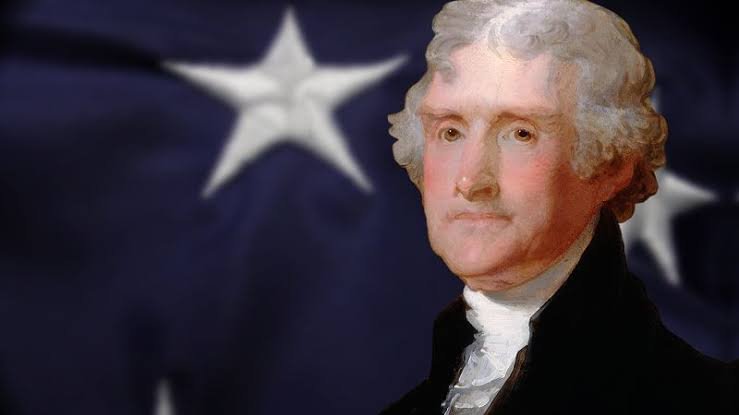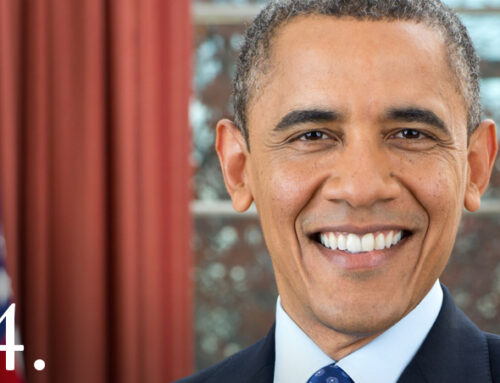
Thomas Jefferson was the third President of the United States, serving from 1801 to 1809. He was a key figure in the early history of the United States, playing a pivotal role in the country’s struggle for independence from Great Britain and the drafting of the United States Constitution.
Jefferson was born in Virginia in 1743 and grew up in a wealthy family. He received a good education and became a lawyer, and in 1775, he was appointed as a delegate to the Continental Congress. In Congress, he was a vocal advocate for independence from Britain, and he played a key role in the drafting of the Declaration of Independence.
After the Revolutionary War, Jefferson returned to Virginia and continued his career as a lawyer and politician. In 1783, he was appointed as the United States’ first secretary of state, and in 1785, he became the country’s first minister to France. In 1796, he was elected as the third President of the United States, succeeding John Adams.
As President, Jefferson faced many challenges, including tensions with Europe and a growing political divide within the United States. He also oversaw the Louisiana Purchase, which doubled the size of the United States, and he sent the Lewis and Clark Expedition to explore the newly-acquired territory. After serving two terms, he retired from public life and returned to his home in Virginia, where he died in 1826.
Jefferson is remembered as one of the most important and influential figures in American history. His efforts to secure independence and his leadership as President helped to shape the country and set it on a path toward greatness. Despite the challenges he faced, he remains a towering figure in American history, and his legacy continues to inspire people around the world.
Unfortunately, his friend passed away shortly thereafter, and Jefferson was forced to take on the unpaid debt. The Panic of 1819 only made his presidential debt worse, lowering real estate values. Price fluctuations in commodities rendered his farm income inadequate and unreliable. After his presidency, the situation became dire. The press found out that his estate and assets were far under the value of his debts. Americans raised money to try to help get out of debt, but after Jefferson died in 1826, the donations stopped rolling in, and his grandson absorbed the debts. Monticello, as well as Jefferson’s land, slaves, furniture, and more, were sold, and still did not cover the debts.
There is a lot to be learned from Jefferson’s situation and his presidential debt. Jefferson made the most common mistake of all – not keeping a budget. When in office, he went by rough estimates in his head of how much he was spending on dinner parties and wine. Rather than keep track, his spending went awry, and he was shocked when he received the final bill on the way out of the White House.
Prepare for all possibilities by keeping all personal debts low so that your children and loved ones don’t need to absorb your problems after you pass. If you’ve been saddled with debt from sudden death and are not sure how to pay down debt, get help immediately from



